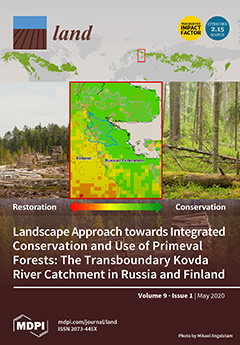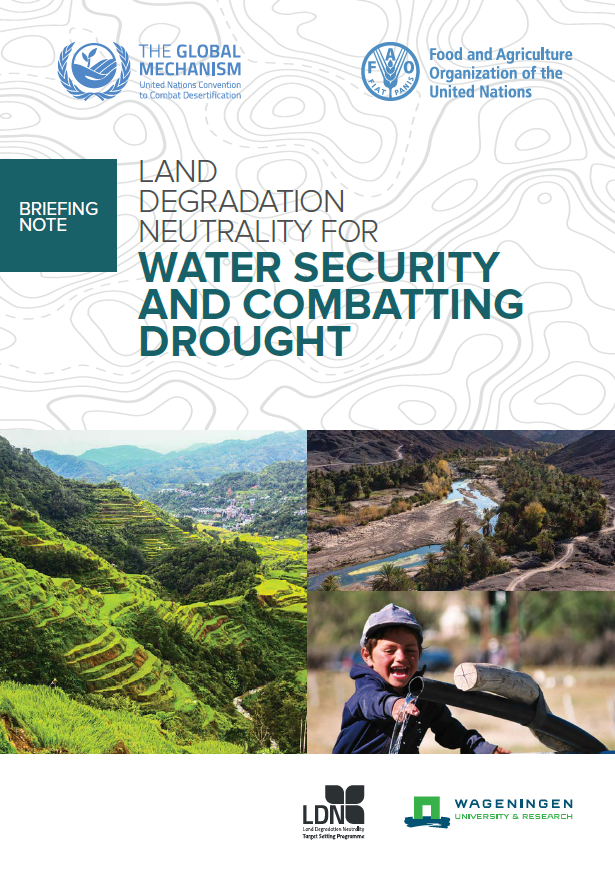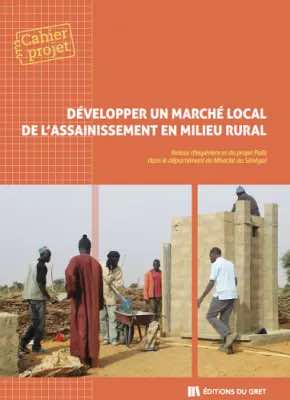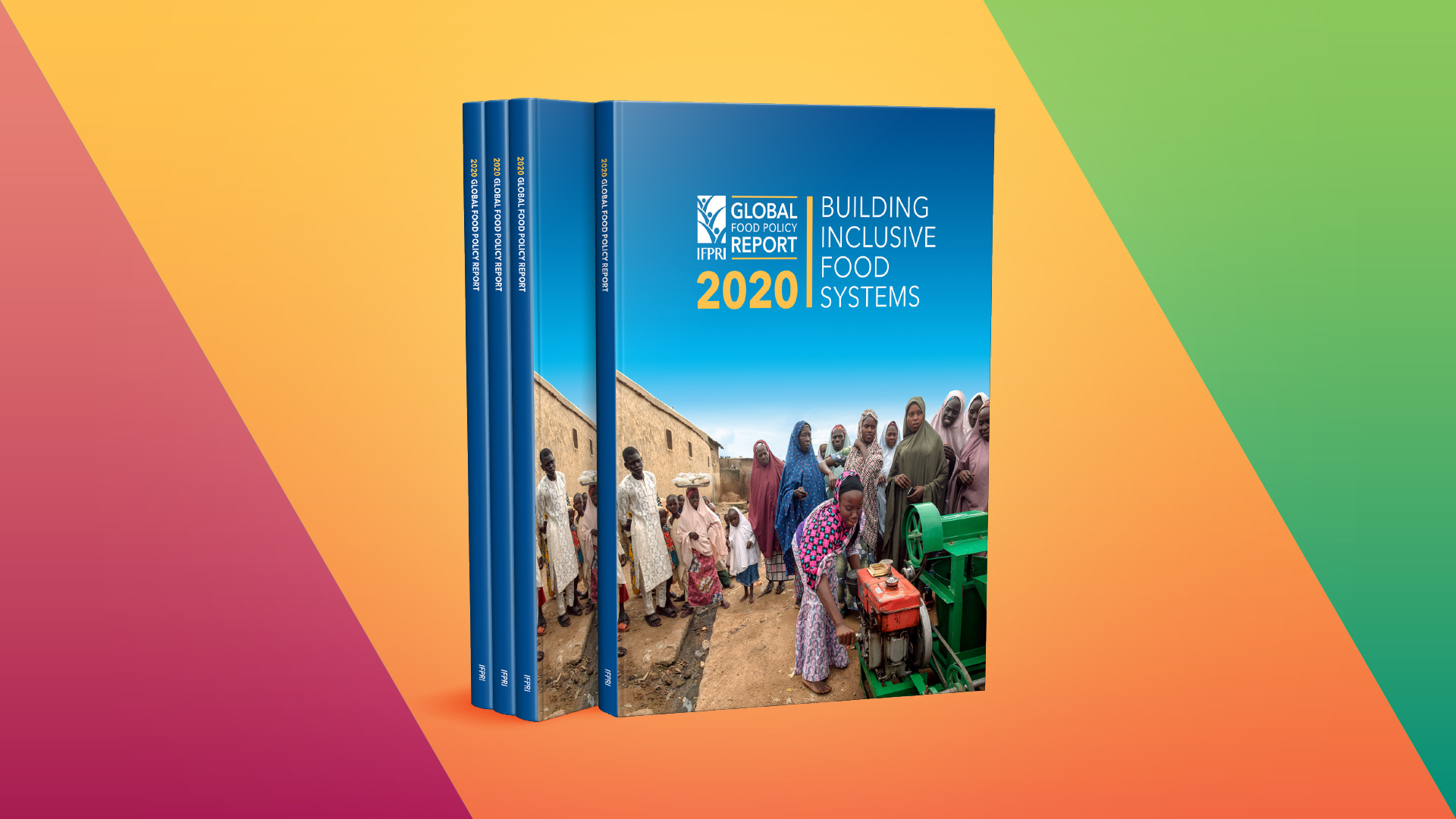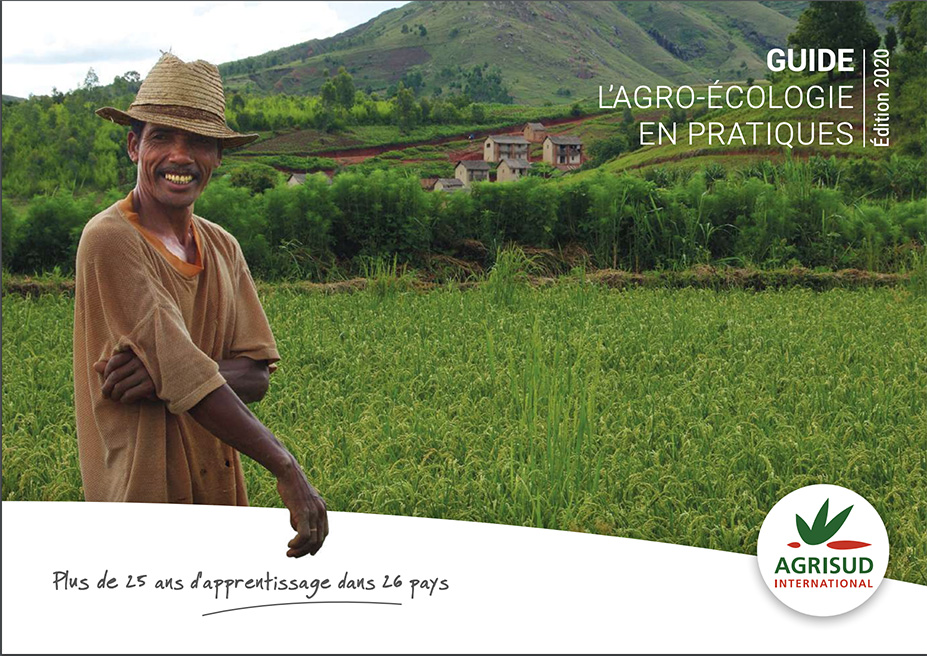Agricultural Commercialisation in Northern Zimbabwe: Crises;Conjunctures and Contingencies;1890-2020
This document presents results from the 8 April 2020 on-line conference on the impact of COVID-19 on small-scale farming;food security and sovereignty in the East African Community. There were 53 participants from 16 countries. The conference strongly acknowledged the contribution of small-scale farmers towards feeding the population during the time of COVID-19. Governments have tightened borders and restricted gatherings;but small-scale farmers often operate in groups. There is a lot of fear and uncertainty and most are staying away from their gardens in the planting season.


